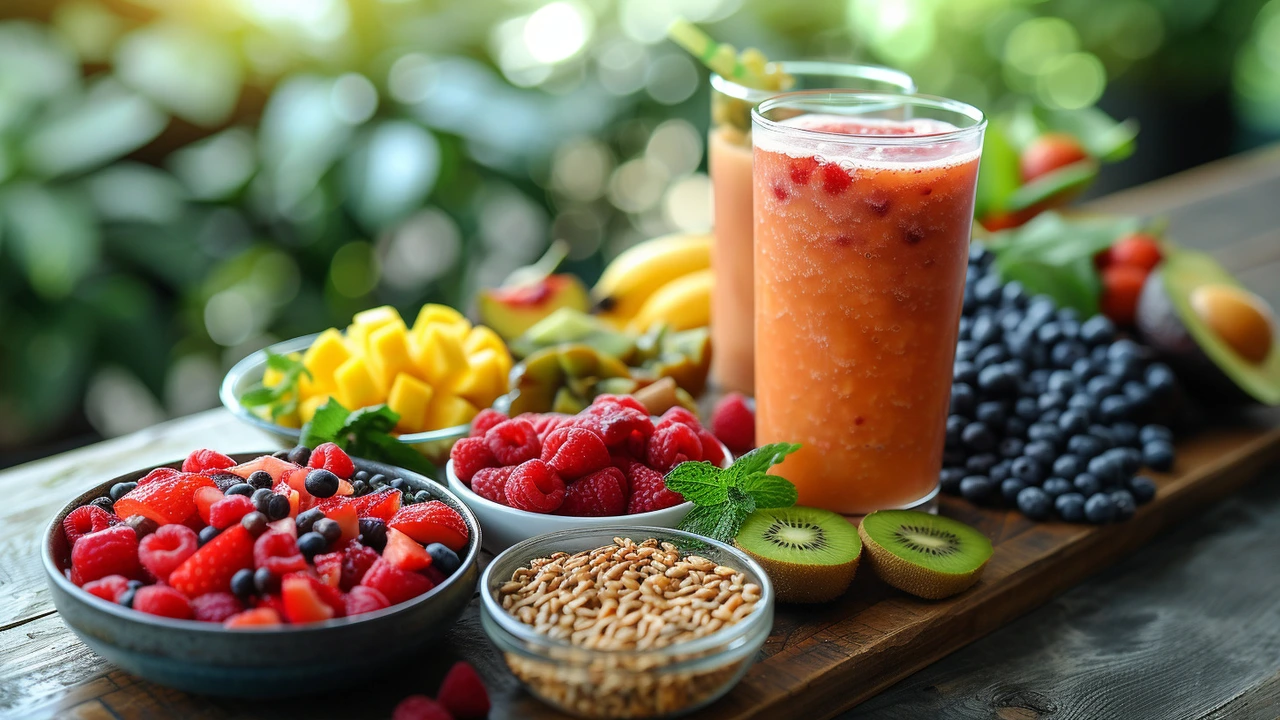Pregnancy nutrition for dogs: a practical feeding guide
Expecting a litter? Good nutrition makes a big difference. A pregnant dog's needs change through the 63-day gestation and jump again during nursing. Get clear, easy steps now so your dog stays healthy and the pups get a strong start.
What to feed and when
Start with a high-quality commercial puppy food or a growth formula. Puppy diets are higher in protein, fat, and essential nutrients your pregnant dog needs for fetal growth and milk production. Around week 5 of pregnancy, begin switching from adult maintenance food to puppy food if you haven’t already.
Calorie needs rise slowly at first and then more quickly in the last trimester. From week 5 onward, increase the total daily food by about 10% per week until whelping. By the time the pups are born and nursing, many mothers need 1.5–2 times their normal calorie intake. Increase food by adding more meals rather than big single portions to avoid stomach upset.
Protein matters. Aim for diets with at least 22–28% protein (on an as-fed basis if the label shows it). Healthy fats and DHA (an omega-3 fatty acid) support brain and eye development in puppies. Most good puppy formulas include these, so you usually don’t need separate fish oil unless your vet recommends it.
Practical tips and red flags
Feed smaller, more frequent meals. In late pregnancy, the growing uterus reduces stomach space. Splitting the daily allowance into three or four meals keeps her comfortable and helps her eat enough.
Skip routine calcium supplements unless your vet prescribes them. Giving calcium too early can cause the body to stop regulating calcium normally and lead to dangerous low calcium (milk fever) after birth. If your vet advises supplements, follow a plan and dose they provide.
Keep fresh water available at all times. Nursing dogs can drink a lot—sometimes double their usual intake. Dehydration will harm milk production fast, so watch water bowls closely.
Watch body condition, not the scale alone. You want steady, healthy weight gain—not obesity. Feel her ribs; you should be able to feel them with a thin fat cover. If she’s gaining too fast or losing appetite, call your vet.
A few extra notes: avoid raw diets during pregnancy unless supervised by your vet, since bacteria like Salmonella can be risky for mom and puppies. Keep parasite control and vaccination discussions with your vet on schedule; timing matters for safety.
If you’re unsure about portions, supplements, or a diet switch, ask your vet for a simple feeding plan based on her size, breed, and litter expectations. Good nutrition is one of the easiest, most effective ways to protect mom and pups during pregnancy and after whelping.

The Best Healthy Breakfast Choices for Pregnant Women
As an expecting father, I can't help but emphasize the importance of nutrition during pregnancy. In this article, we will uncover the best healthy breakfast choices for pregnant women. It's more than about just eating, it's ensuring that you and your little one get the proper nutrients you both need. We will discuss ideas and recipes which are not only nutritious but also delicious. Join us as we delve into creating the perfect start of the day for every soon-to-be mom.

Fire Massage: A Burning Trend in Alternative Therapy
Sep, 12 2023



